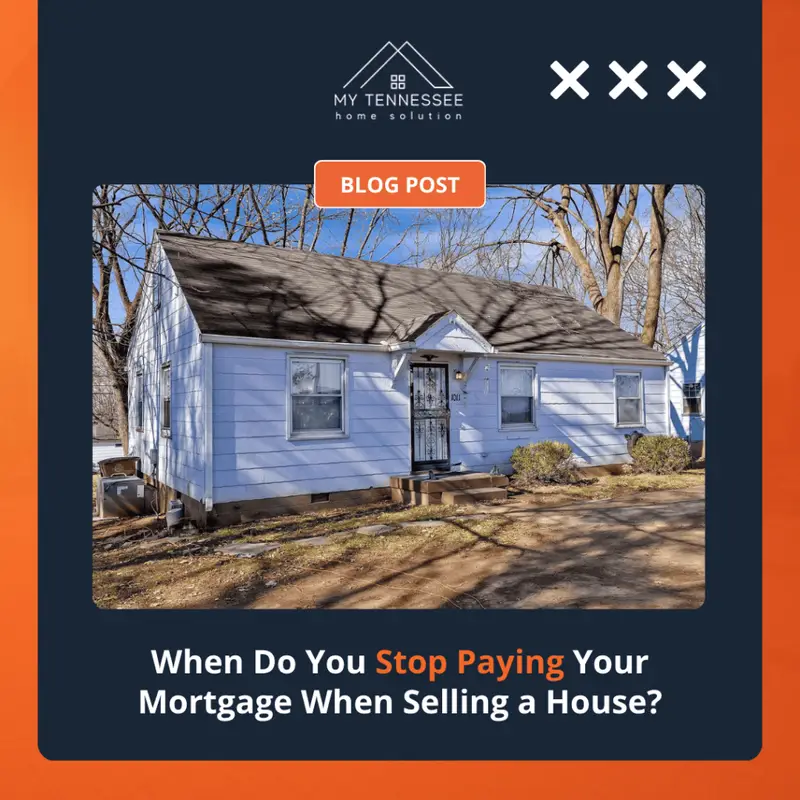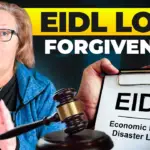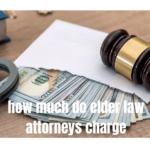When Do You Stop Paying Mortgage When Selling House After Closing?
Learn when you stop paying mortgage when selling house after closing. Understand the process, timelines, and financial commitments involved. Selling your house is a significant financial transaction, and you should know the intricacies of your mortgage payments. One of the most common questions homeowners ask is, “When do you stop paying mortgage when selling house after closing?” This article will provide a detailed explanation of the process, timelines, and financial commitments involved in the termination of mortgage payments when you sell your house.
Comprehending Mortgage Payments upon Selling a Home
When you sell your house, your mortgage doesn’t simply disappear. Instead, the payoff of your mortgage is included in the process of selling a home. Here is what you need to know:
How Mortgage Payments Work During the Sale Process
Your mortgage payments are directly linked to your ownership of the house. For so long as you remain the owner of the house, you are under the obligation to make monthly mortgage payments. The minute the sale is made, however, your obligation to pay the mortgage ceases.
Critical Incidents in the Home Selling Process
- Listing the Property: You continue to make your mortgage payments while your house is listed for sale.
- Accepting an Offer: Once you accept an offer, the buyer commits to purchasing the property.
- Closing the Sale: The closing date is the date when the ownership legally changes hands to the buyer, and your mortgage payments stop.
When Do You Stop Paying Mortgage When Selling House After Closing?
The worst time to cease making your mortgage payments is once the closing process has occurred. Following is an explanation of what happens during this time:
The Role of the Closing Process
The closing process is the final step in selling your house. This is where the buyer’s funds are used to pay off your remaining mortgage balance. Once the mortgage is paid off, you are no longer under obligation to make payments.
What Happens to Your Mortgage at Closing?
- Payoff Statement: Your lender will provide a payoff statement that outlines the exact amount needed to pay off your mortgage, including any interest or fees.
- Funds Distribution: The buyer’s funds are used to pay off your mortgage. You receive any leftover proceeds as the seller.
- Mortgage Release: Once the mortgage is settled, the lender releases its lien on the property, and you are no longer obligated to make payments.
Financial Commitments Before Closing
You are still responsible for your mortgage payments until closing is complete. Here’s what you need to keep in mind:
Payment is Made Until the Sale is Completed
Even if you’ve accepted an offer, you’ll still have to continue making mortgage payments until the sale is finalized. Missing payments can negatively affect your credit score and delay closing.
Prorated Interest and Final Payment
Your final mortgage payment can also include prorated interest up to the closing date. This will ensure that you only pay for the ownership time of the property.
What if You Sell Your Home for Less Than the Mortgage Balance?
In some cases, you may sell your house for less than remaining mortgage balance. This is referred to as a short sale. Here are some things you need to know:
Understanding Short Sales
A short sale occurs when the sale price of the home is not sufficient to cover the mortgage balance. In this case, you may need to negotiate with your lender to waive the remaining debt.
Impact on Your Financial Obligations
- Lender Approval: The lender must approve the short sale.
- Possible Outcomes: You may still be responsible for the remaining amount unless the lender agrees to write off the debt.
Tips for a Smooth Mortgage Transition When Selling Your House
To make the process smooth when selling your home and halting mortgage payments, consider the following tips:
Speak with Your Lender
Inform your lender that you wish to sell the house. Your lender will provide you with a payoff statement and advise you on how to proceed.
Plan for Closing Costs
Prepare for closing costs, such as title insurance fees, attorney fees, and transfer taxes. These are normally deducted from the sale proceeds.
Continue Making Payments Up Until Closing
Continue to make your mortgage payments until the sale is finalized to avoid penalty or harm to your credit rating.
Commonly Asked Questions About Stopping Mortgage Payments When Selling a House
Can I Stop Paying My Mortgage Once I List My House?
No, you must continue making payments until the sale is finalized. Listing your home for sale does not exempt you from making mortgage payments.
What if I Miss a Payment Before Closing?
Missing a payment before closing can delay the sale and harm your credit score. It’s important to stay current on your payments until the sale closes.
How Long Does It Take to Pay Off the Mortgage After Selling?
The mortgage is usually paid off on the closing date. Once the buyer’s funds are received, your lender will remove the lien from the property.
H1: Conclusion
Understanding when do you stop paying mortgage when selling house after closing is crucial for a smooth and problem-free home sale. By staying informed about the process, being in contact with your lender, and continuing to make your financial obligations, you can help ensure a smooth transition. Remember that your mortgage payments don’t cease until the sale is finalized, so make arrangements ahead of time to avoid any problems.
Selling your house is a milestone, and knowing the ins and outs of your mortgage commitment will enable you to navigate the process confidently. Whether you’re selling at a profit or even a short sale, preparation is the surest way to guarantee that you achieve your financial goals.
Read Also: How to Put House in Trust with Mortgage


